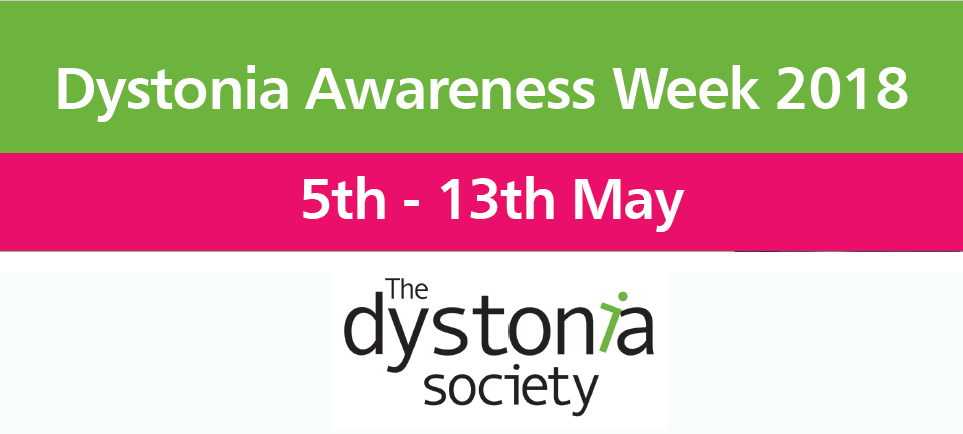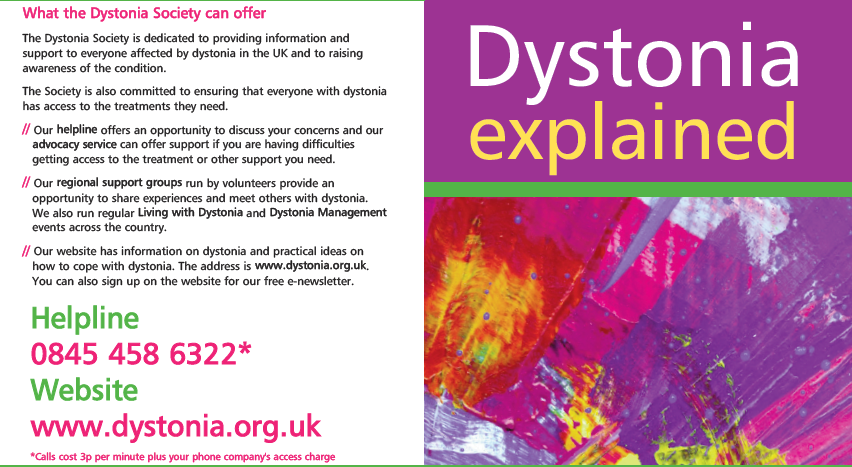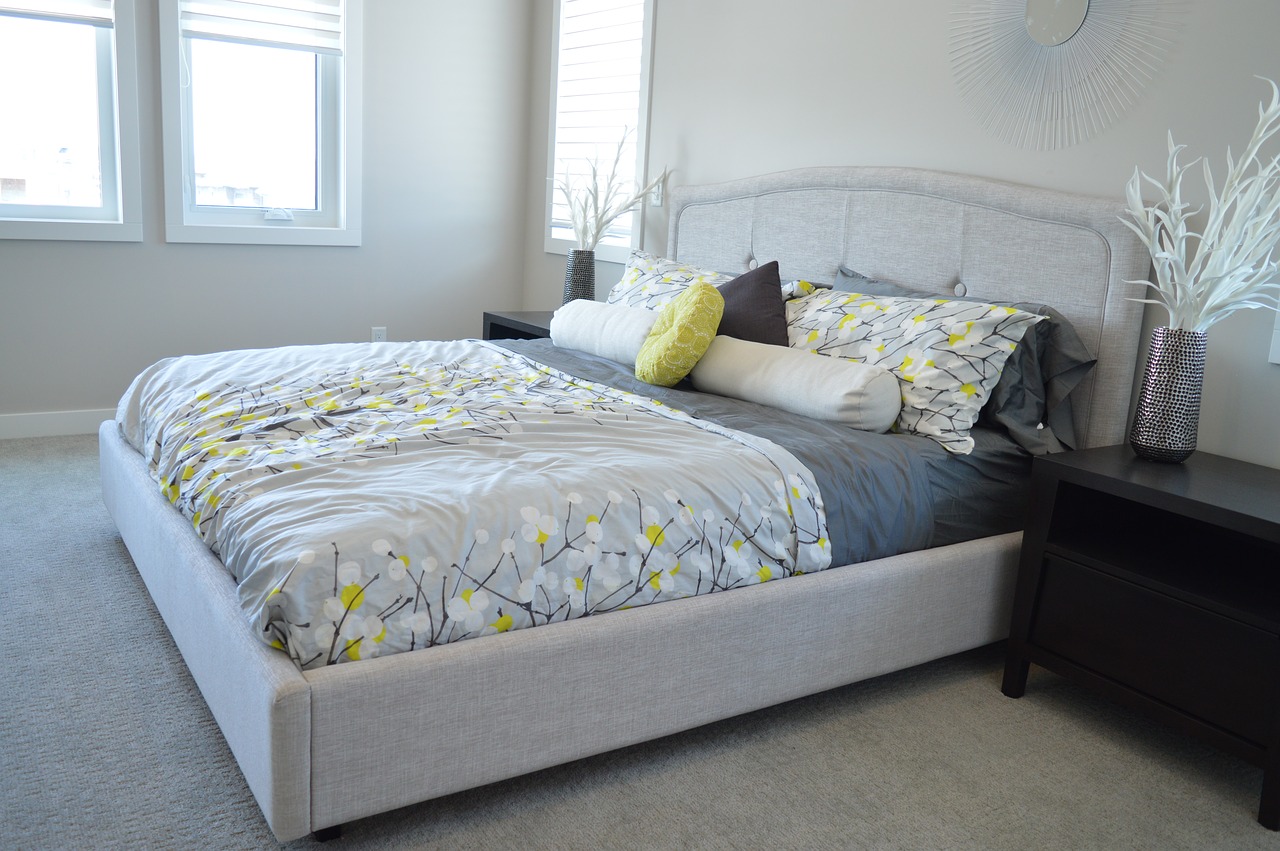
Wimbledon 2020 Cancelled
It is almost that time of the year when people would go watch a sporting

Another Dystonia Awareness Week, held by The Dystonia Society, is coming up. This year, Dystonia Awareness Week runs from 5th May to 13th May. It is an important campaign that gives everyone the chance to share news and tips about the condition. The Dystonia Society is the only organisation in the UK that provides support, advocacy and information about this neurological movement condition, making Dystonia Awareness Week a significant event.
Dystonia is a condition where uncontrollable muscle spasms are caused by the brain giving the body incorrect signals. There is a glitch in the nervous system and miscommunication between the brain and the muscles results. This system of controlling signals for muscle movement is quite complex and involves many areas in the brain. Dystonia affects this system, causing disruptions in how a person’s brain communicates needed or desired movement in their muscles.
In particular, the condition most greatly affects the area of the brain called the basal ganglia. This is a deep region of the brain that monitors the speed of body movements and controls unwanted movements. Ordinarily, it tells the muscles when to move and when to stop moving. In people with dystonia, the basal ganglia give Chaotic signals to the muscles, and movements become irregular and disordered. The result is unwanted muscle contractions and movements that can greatly affect normal functioning.

To make matters worse, dystonia involves a sensory component. This means that the affected muscles – those receiving uncontrolled signals – react by sending strange and irregular messages back to the brain. The nervous system therefore becomes flooded by a continuing stream of abnormal back-and-forth communication.
In most cases, dystonia does not shorten a person’s life span, but it can severely affect their quality of life. In some cases, the involuntary and uncontrollable muscle contraction can, however, put sufferers at risk.In the UK alone, there are at least 70,000 people who have some type of dystonia, each with its own particular and widely differing effects. There is no cure for dystonia yet, but several treatments are available that help with the symptoms of the condition and its related effects. There is also support and coping mechanisms that can be learned to help people with dystonia to live as independently as possible.

A better understanding of the miscommunication that happens between the brain and the muscles in people with dystonia has helped researchers develop better treatments. Currently, it is believed that physical therapy can help people retrain their the brains and muscles to properly communicate. Researchers are still actively researching such rehabilitation techniques, and new therapies will likely evolve as a result, most especially for secondary dystonias.
Dystonia must be effectively managed for one suffering from the condition to live independently. Proper management of the condition can also greatly improve their quality of life. In combination with pain control, sensory tricks and other coping strategies, this can help those with dystonia to manage related symptoms, social situations, and its other effects.
Dystonia has been known to cause pain is some sufferers, and also cause several related conditions. Poor sleep quality and depression are common examples. In general, people with dystonia generally experience poor sleep, whether from motor symptoms or depressive symptoms, as a 2016 UK study revealed. The severity of these and other effects varies depending on the individual, but is most often present to some degree.
What is disturbing is the interrelatedness of these effects and how they compound. The pain, depression and anxiety associated with dystonia can further degrade sleep quality. In some cases, stress, depression and anxiety can also both aggravate the dystonia itself.
Sleep quality is known to have a significant impact on health all on its own. For those who suffer from dystonia, getting better sleep can significantly impact their quality of life. Dystonia already puts a much great amount of physical strain on an individual because of the uncontrollable muscle movements that they experience 18-24 hours a day. Sleeping better would greatly help them to cope with this and the other stresses that managing the condition puts on them.
While research looks into better treatments and management techniques to improve sleep, people with dystonia can take advantage of available aids. There are comfortable pillows that provide support and can be adjusted to individual preferences. Conforming mattress toppers can also provide sleep-inducing comfort and help relieve pain by providing support to help the body relax and relieve stress and strain on key pressure points.

It is almost that time of the year when people would go watch a sporting

Queen Elizabeth II has two birthdays to celebrate: her actual birthday on 21 April and

The first of May is celebrated by many countries around the world as Labour Day